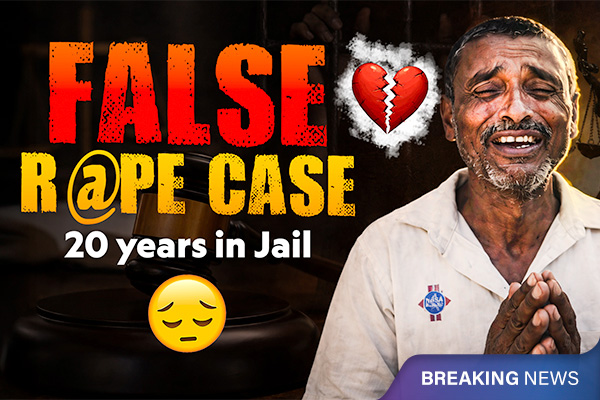Discharge Rules for COVID-19 Patients
Ministry of Health and Family Welfare announced a revised policy for the discharge of COVID – 19 patients. The policies depend on the type of symptom displayed.
On Friday 8th May, the Ministry of Health and Family Welfare announced its revised policy for the discharge of Covid-19 patients. The discharge policy for different cases is different.
Discharge policy for mild/very mild/pre-symptomatic cases
Such cases can be discharged without testing ten days after onset of symptoms and if they do not have a fever for at least three days.
As per revised guidelines, after discharge, patients need to follow home isolation for seven days. However, if before their discharge the patient’s oxygen level drops below 95 percent, the patient will be moved to a COVID Health Centre. It is important that oxygen is maintained, since if the oxygen levels fall below 90 percent, patients may experience lethargy, confusion or mental disruptions.
Moderate Cases:
Body temperature and oxygen level of moderate cases will be monitored. If after ten days of symptom onset, the fever resolves for three days and the patient maintains an oxygen level above 95 percent for four days without oxygen support, then the patients will be discharged.
If there is an absence of fever, no breathlessness, and no oxygen requirement, then moderate patients also do not need to be tested before discharge. They also will be advised to follow at home isolation for seven days.
For moderate cases whose fever does not resolve within three days and who require oxygen support, they will be discharged only after the resolution of fever and when they are able to maintain oxygen level for three days.
Severe cases:
Severe cases also include immunocompromised (immunity issues) patients with HIV and transplant recipients.
The discharge policy for severe cases depends on recovery and they will have to be tested by RT-PCR after the resolution of their symptoms.







